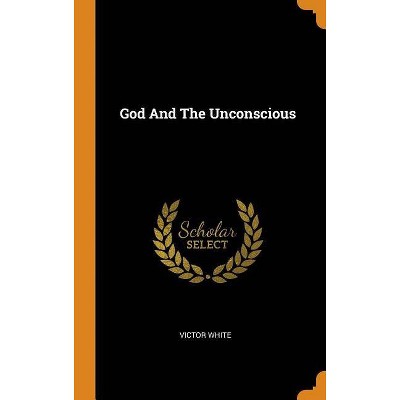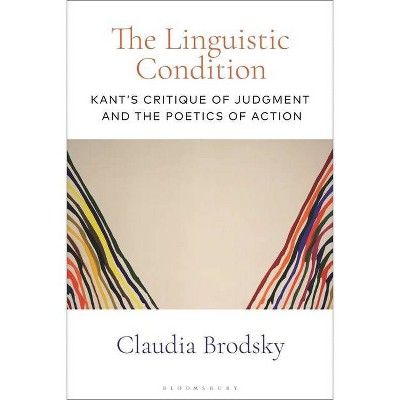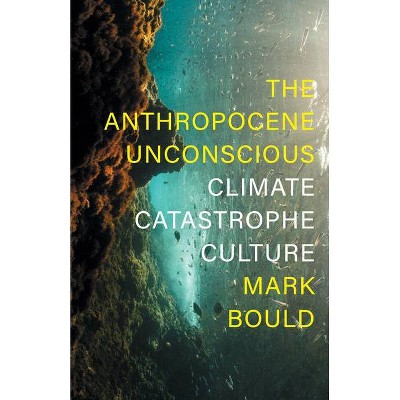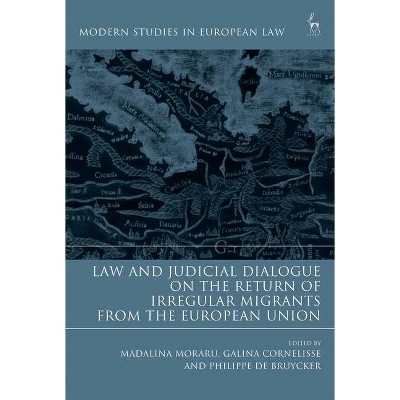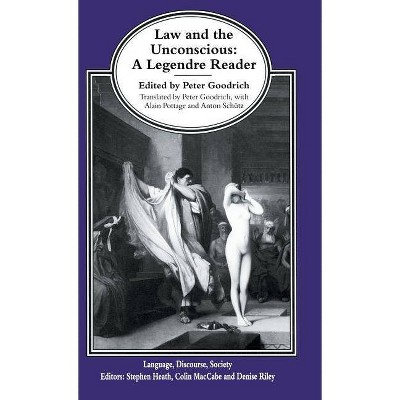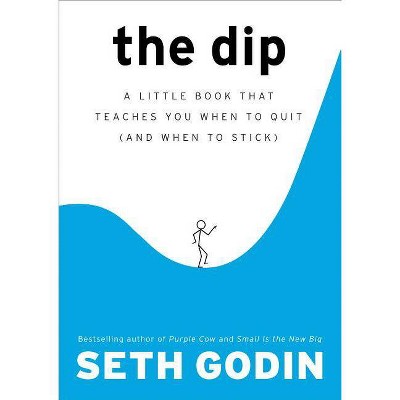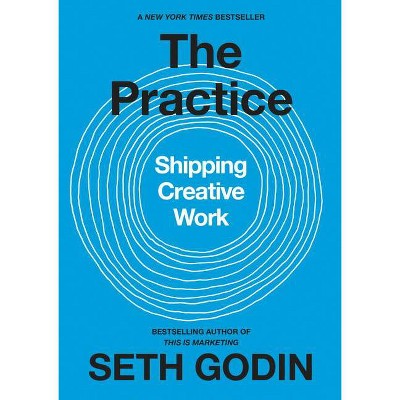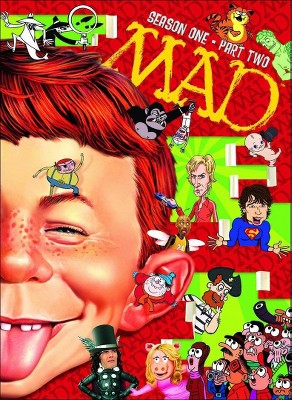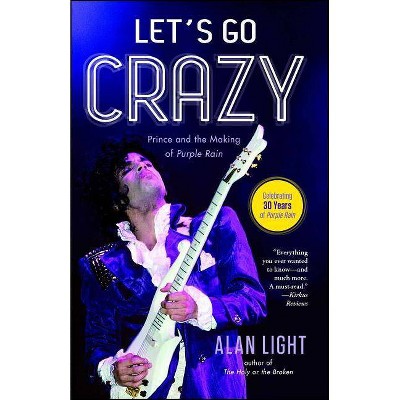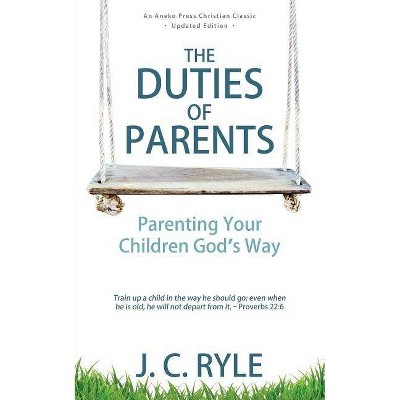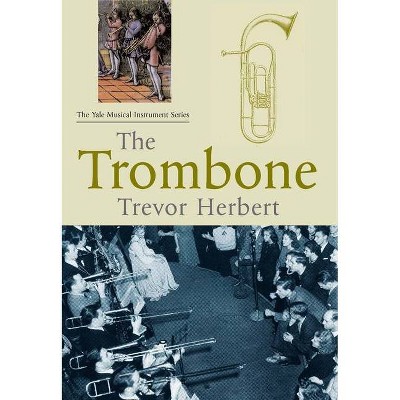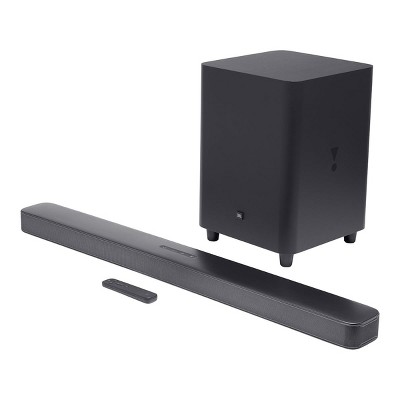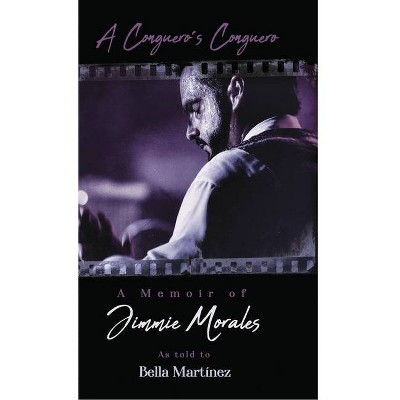From 1989, or European Music and the Modernist Unconscious - by Seth Brodsky (Hardcover)
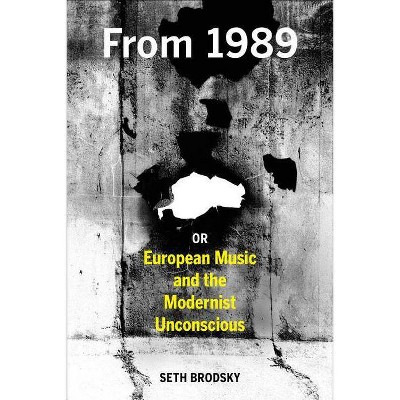
Similar Products
Products of same category from the store
Product info
<p/><br></br><p><b> About the Book </b></p></br></br>"Roth Family Foundation music in America imprint."<p/><br></br><p><b> Book Synopsis </b></p></br></br>What happened to musical modernism? When did it end? <i>Did </i>it end? In this unorthodox Lacanian account of European New Music, Seth Brodsky focuses on the unlikely year 1989, when New Music hardly takes center stage. Instead one finds Rostropovich playing Bach at Checkpoint Charlie; or Bernstein changing "Joy" to "Freedom" in Beethoven's Ninth; or David Hasselhoff lip-synching "Looking for Freedom" to thousands on New Year's Eve. But if such spectacles claim to master their historical moment, New Music unconsciously takes the role of analyst. In so doing, it restages earlier scenes of modernism. As world politics witnesses a turning away from the possibility of revolution, musical modernism revolves in place, performing century-old tasks of losing, failing, and beginning again, in preparation for a revolution to come.<p/><br></br><p><b> From the Back Cover </b></p></br></br>"In brilliant dialectical prose, Brodsky shows how European postwar modernist music reflected, nourished, negated, and demolished the discourse surrounding the tumultuous but peaceful revolutions of 1989. He perches on the edge of the volcano's crater, holding tightly to the edge while using the elevation to survey the surrounding landscape, with works as far back as Mahler's Eighth Symphony and Schoenberg's <i>Erwartung</i> coming into view."--Anne C. Shreffler, Harvard University <p/> "Brilliantly written and argued, <i>From 1989</i> is nothing less than a psychoanalysis of European musical modernism, and Brodsky, its nimble Lacanian analyst. Capacious, insightful, erudite, witty, paradoxical, and whip-smart, it is simply like nothing else in musicology today. It must be read."--Brian Kane, author of <i>Sound Unseen: Acousmatic Sound in Theory and Practice</i> <p/> "Habermas famously claimed that Enlightenment modernity was an 'unfinished project.'<i> From 1989</i> goes him one further to claim that modernity, at least as engaged in works of late twentieth-century European music, was an <i>unbegun</i> project, a fantasy of total transformation that never really got off the ground. For Brodsky--who can effortlessly dissect any piece of New Music you'd care to set down in front of him and who can show you just how each such piece fails to actualize its own structural promises--the real analytical quarry is much larger. He is out to show that it is musical modernism <i>itself</i> that doesn't work."--Robert Fink, author of <i>Repeating Ourselves: American Minimal Music as Cultural Practic</i> <p/> "The advent of musical modernism coincided with the advent of psychoanalysis at the beginning of the twentieth century: Schoenberg shaking hands with Freud. Seth Brodsky's sweeping book scrutinizes this paradoxical intersection from the vantage point of the momentous year 1989--taking stock of the fate of modernism in all its multiple facets, looking backward and forward, and rounding out the work with a splendid chapter on the inaugural moment of Schoenberg's <i>Erwartung</i>. A magnificent intellectual and musical journey of great lucidity and erudition."--Mladen Dolar, University of Ljubljana<p/><br></br><p><b> Review Quotes </b></p></br></br><br>"Brodsky's brilliant and engaging book...opens the way for a rethinking of musical modernism.... It is a virtue of <i>From 1989</i> that the questions it raises provoke still more."-- "Critical Inquiry"<br><br>"In bringing together music, history, psychoanalysis, critical theory and 'New Modernist Studies', <i>From 1989</i> draws on a vast range of perspectives and sources. As an exploration of psychoanalytic ideas in counterpoint with the New Music and events of the late twentieth century, this book will be of interest to a reader already immersed in both disciplines."-- "Tempo"<br><br>"With refreshing, indeed swashbuckling ambition, <i>From 1989</i> seeks out the meaning of musical modernism. . . . From the rubble of Schoenberg and Mahler, mortared using the wreckage of Lacan and Adorno, Brodsky constructs a fantastical theoretical cathedral -- a 'monument of its own magnificence' (to use Years's phrase) rather than a building for uncritical worship."-- "Gramophone"<br><br>"[Brodsky's book] displays remarkable care. Its greatest treasure is namely a profound knowledge of tradition and of cultural-historical contexts, which, moreover, is given a broad foundation by sharp analytical observations on many works."--Stefan Drees "Neue Zeitschrift für Musik" (1/1/2018 12:00:00 AM)<br><br>"Brodsky is never less than virtuosic in conveying maximum authority on a huge range of complex and often difficult-to-access material. While creating no expectations of gazetteer-like comprehensiveness, Brodsky links detailed technical accounts of compositional contexts to his wider topics concerning modernism and the unconscious."--Arnold Whittall "Royal Musical Association Research Chronicle"<br><br>What Brodsky ultimately seeks to find in the tangled web of allusion and citation he pulls together here is not so much freedom as a kind of scalpel to cut cords that bind the modern project to the very notion of a future--of the "new"--and thereby condemn it to repeat the past. lt's a project he acknowledges as more or less impossible, but perhaps no less worthy for all that.--Robert Barry "The Wire"<br><p/><br></br><p><b> About the Author </b></p></br></br><b>Seth Brodsky</b> is Associate Professor of Music and the Humanities at the University of Chicago.
Price History
Price Archive shows prices from various stores, lets you see history and find the cheapest. There is no actual sale on the website. For all support, inquiry and suggestion messagescommunication@pricearchive.us
